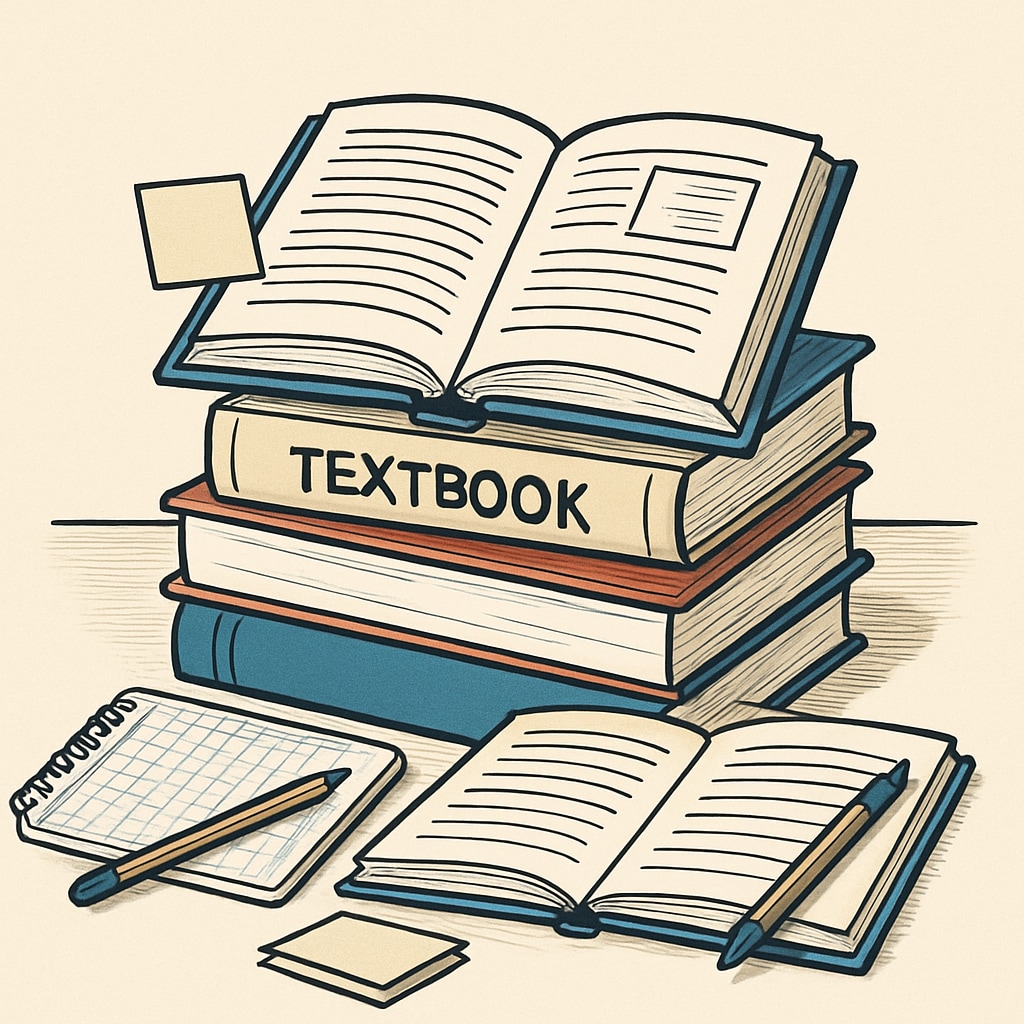In today’s age of information overload, mastering effective learning methods and information retention techniques is crucial for teens to succeed academically and personally. This article presents six highly recommended books that can revolutionize how K12 students approach learning and enable them to retain knowledge efficiently. Whether exploring cognitive science or practical strategies, these books are essential tools for shaping lifelong learning skills.
1. “Make It Stick: The Science of Successful Learning” by Peter C. Brown
This book combines insights from cognitive psychology to explain why traditional study methods such as rereading notes or cramming are often ineffective. Instead, it offers practical strategies like spaced repetition and retrieval practice to enhance memory and comprehension. Teens will learn how to “make knowledge stick” and retain information for the long term.

2. “How to Be a Straight-A Student” by Cal Newport
Cal Newport provides a step-by-step guide to mastering academics without overloading oneself. Focusing on time management, smart study techniques, and avoiding procrastination, this book is ideal for teens looking to balance schoolwork with extracurricular activities while excelling in their studies.
3. “The Power of Habit” by Charles Duhigg
Although not exclusively about learning, this book explains how habits shape our lives and how we can reprogram them for better outcomes. Teens can use this knowledge to build productive study routines and eliminate distractions, making learning more structured and effective.
For more information about habit formation, visit The Power of Habit on Wikipedia.
4. “Mindset: The New Psychology of Success” by Carol S. Dweck
Carol Dweck introduces the concept of a growth mindset—believing that abilities can be developed through effort and learning. This book inspires teens to embrace challenges, seek feedback, and persist in the face of obstacles, leading to enhanced academic performance and personal growth.

5. “Peak: Secrets from the New Science of Expertise” by Anders Ericsson and Robert Pool
Based on decades of research, this book explores how deliberate practice can help anyone develop expertise in any field. By focusing on challenging yet achievable goals, teens can apply these principles to their academic pursuits and extracurricular passions.
Learn more about deliberate practice on Britannica’s article on deliberate practice.
6. “Atomic Habits” by James Clear
James Clear’s bestselling book offers simple strategies for building good habits and breaking bad ones. Teens will benefit from the practical advice on starting small, staying consistent, and leveraging the power of incremental change to improve their study habits.
As a result, these tiny changes can compound over time, leading to significant academic progress.
Conclusion: These six books provide essential tools to help teens enhance their learning methods and information retention skills. By combining cognitive science insights with practical strategies, students can develop habits and mindsets that lead to long-term success. Start exploring these recommendations today to unlock the door to efficient learning!


